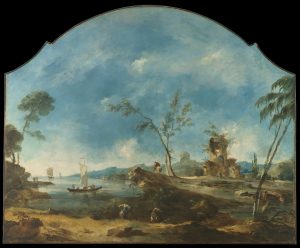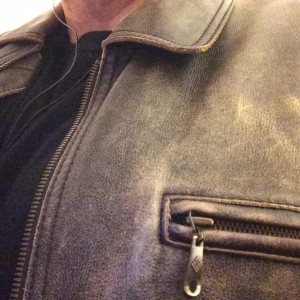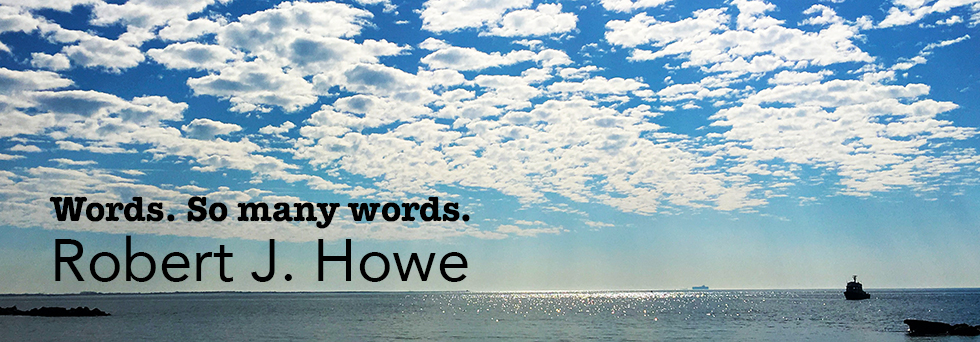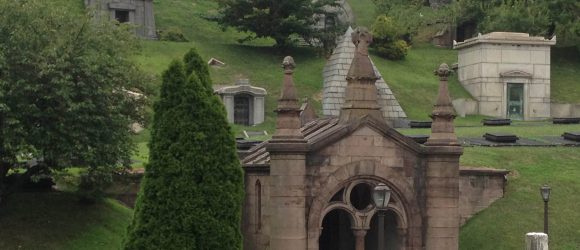Recent Fiction Publications
- At September 05, 2018
- By Bob Howe
- In Blog Posts, Fiction, News
 0
0

Francesco Guardi, Fantastic Landscape (c. 1765), from Wikimedia Commons.
The Cartographer of Dreamland
This is me at twelve years old, running for all I’m worth up Classon Avenue, bookbag under one arm, with Kevin Lester and three other bullies in close pursuit. They’re mostly bigger than me, and the only reason they haven’t caught me yet is because I had a half-block head start from the Nativity School gate.
Read the Full Story at The Piltdown Review.
Pinocchio’s Diary
Of all the tools father uses to make me, the chisel is the cruelest. Long after he has had his Ciró and retired for the evening, I lie on my bed of shavings, my half-formed body criss-crossed with burning gouges. In the small hours I finally drift into a kind of stupor, my head full of the scent of resin that seeps from the cuts.
Recent Poetry Publications
- At June 16, 2018
- By Bob Howe
- In Blog Posts, News, Poetry
 0
0
Punch Drunk Press
“The Ghosts of Christmas”
The Loch Raven Review
“Untitled” and “Night and Fog”
Serving House Journal
“The Gather Inn”
she has been dancing forever
- At February 15, 2017
- By Bob Howe
- In Blog Posts, Fiction, News
 0
0
He stands on a January hilltop in Green-Wood Cemetery, chilled in a navy peacoat, and tries not to think too hard. She told him to meet her at the Marcoux family mausoleum, after 3 a.m. He waits motionless in the frigid night, with a long patience cultivated in Rockaway lifeguard chairs.
Emil Marcoux, the family patriarch interred within, had been mauled to death by a circus lion in Bernardsville, New Jersey, in 1927. Witnesses told the Somerset County Bugle that the lion had bounded up nine rows from the ring, directly at Marcoux Père, who shouted “Karl Friedrich May!” at the moment of his death. Rather more recently, someone painted, “Visit Mordor before Mordor visits you,” in heavy black Gothic letters on the mausoleum’s chalky side.
Read the full story at The Flatbush Review
The Midnight Country
- At January 17, 2016
- By Bob Howe
- In Blog Posts, Poetry
 0
0
Like most faults
it starts small,
the Hudson Canyon,
front porch of the eponymous
delta, drowned
when the glaciers receded.
It runs away
from the shallow pubic triangle
of New York and New Jersey;
Babylon’s great whore,
inseminated with the runoff
of four hundred years
of mercantilism.
At bottom a toxic, aphotic hell
where methane pits leak
ten thousand feet
under the waves, and under pressure,
a bare degree above freezing.
There exists
a permanent snowstorm
of mercury and lead, PCBs, chlorine,
nitrates, phosphates, and petrochemicals, mixed
with the decomposing cells
of every living thing,
falling gently in midnight drifts
as exotic and deadly
as the moons of Jupiter.
Citizens of the republic
of light and air
need rarely consider
our effluential issue;
for the pretty waves, the pretty waves
that never stir the midnight country.
©Robert J. Howe, 2016
Dust Jacket
- At November 04, 2015
- By Bob Howe
- In Blog Posts, Poetry
 0
0
old leather
jacket pockets inside and out
zippered, flapped, and
plain
larded with museum tags;
faded restaurant receipts
for meals enjoyed, and not;
a crushed penny from the zoo
hand-cranked, a tiger, if you look
closely;
a religious tract—
pocketed rather than pitched, to not offend the chestnut-haired girl who pressed it on you
—shares a silk-lined pocket
with a jiggle joint flyer
of another brunette whose affections
are purely transactional;
a ticket stub has worked itself
into the lining,
you don’t remember how the movie ended,
but the joke you shared over the popcorn;
looking for change
your fingers close
on a key card
from a hotel misadventure
so for a moment marvel
at your own capacity;
and oddly, a cat’s eye marble
rescued from the gutter,
chipped but still bright.
you wear your relationships close
against the chill of November

